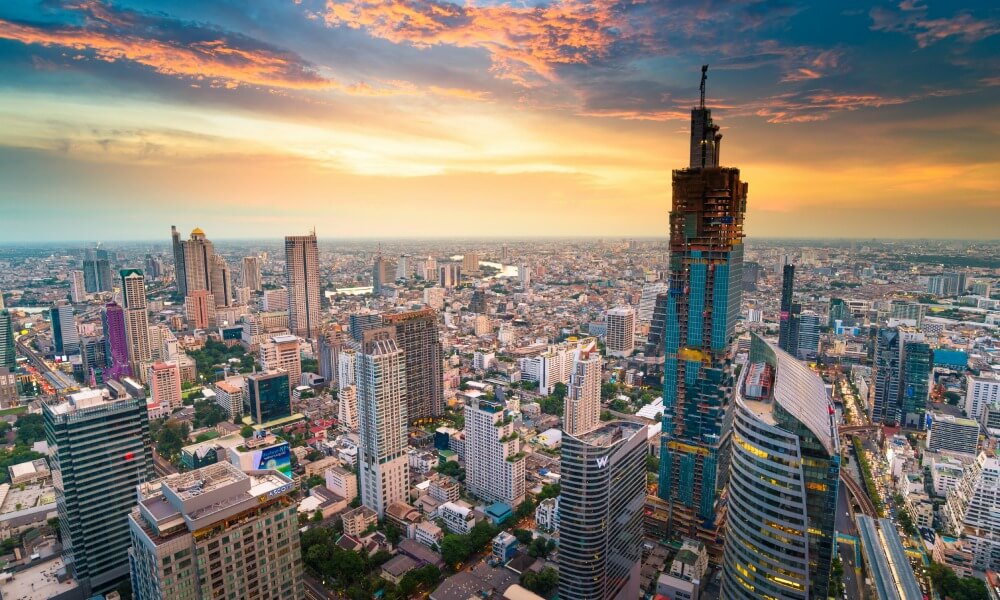Forex factor rises in property deals
 Global economic turmoil has left Thai real estate relatively unscathed – but it has certainly made frugal investors pay more attention to exchange rates.
Global economic turmoil has left Thai real estate relatively unscathed – but it has certainly made frugal investors pay more attention to exchange rates.
While long-term trends look set to benefit investors, short-term exchange fluctuations can just as easily swell or shave the price of property in Thailand.
Luckily, the baht rarely strays from its familiar path.
‘Over the last three years, for instance, the Thai baht has almost never strayed more than 7% from 46.7 baht to the euro – in either direction,’ says Cyrille Hareux of Company Vauban real estate company.
‘The only exceptions are June, July and August of 2008 – when the baht plunged to 52 baht against the euro – and July 2007, when it climbed to less than 42 baht to the euro. In fact, if you are making an astute property purchase – with the right location and quality – your appreciation will outweigh any exposure to currency fluctuations.’
But exposure to foreign exchange movements also hinges entirely on the type of property you buy.
For instance, the international developers who dominate the market outside Bangkok expect to be paid in four similar sums over less than a year. This leaves little risk of an appreciable shift in exchange rates.
At the other extreme is a high-rise Bangkok condo. Purchasers typically pay 10% of the price on signing the contract, 20% over the construction period and 70% when the property is completed – which can be three years later.
In this case, buyers could gain from sidestepping the risk of their currency slipping while the property is being built.
Cyrille Hareux recommends three strategies to ensure ease of mind.
1. Shift funds ahead of a property’s completion.
One way to dodge the danger of a sliding euro, dollar or pound is to move your cash into baht ahead of schedule, rather than wait for a project to complete. The risk of an unwelcome movement in currency values vanishes the moment the funds are in a Thai bank account.
But don’t forget to get a Foreign Remittance Certificate! This document, proving a foreigner has brought currency into Thailand from their deposit account, is a legal requirement for buying a condominium in Thailand.
2. Negotiate a currency clause.
When dealing with international developers, this is often the simplest and most effective safeguard. Hareux frequently helps his clients to customise their contracts with such considerations in mind.
‘Developers with a flexible business background are often very open to putting in a clause that can protect the buyer from an unfavourable exchange rate. The contract could, for instance, specify an exchange rate beyond which the additional burden is accepted by the seller,’ he says.
3. Use a currency specialist
Many companies specialise in offering protection from currency risks, helping their clients secure a favourable rate for a planned movement of funds between currencies.
While Company Vauban can recommend these strategies, Hareux says the fees rule them out for smaller-scale purchases.
That said, exchange rates have a limited impact for Thai property. Unlike more speculative purchases, the benefits of a villa or apartment in the Land of Smiles are largely immune from currency shifts.
‘The lifestyle these properties offer is, of course, devaluation-proof – but, simply in investment terms, Thai property appreciates by about 5.8% a year. Over five years, this adds up to a value between 25% and 40% higher than the original price,’ says Hareux.
To safeguard their capital, investors should consider their property’s location and the quality of its design and construction, he adds.
‘I always recommend apartments or villas that will look as good in 10 years’ time as they do now,’ says Hareux.















